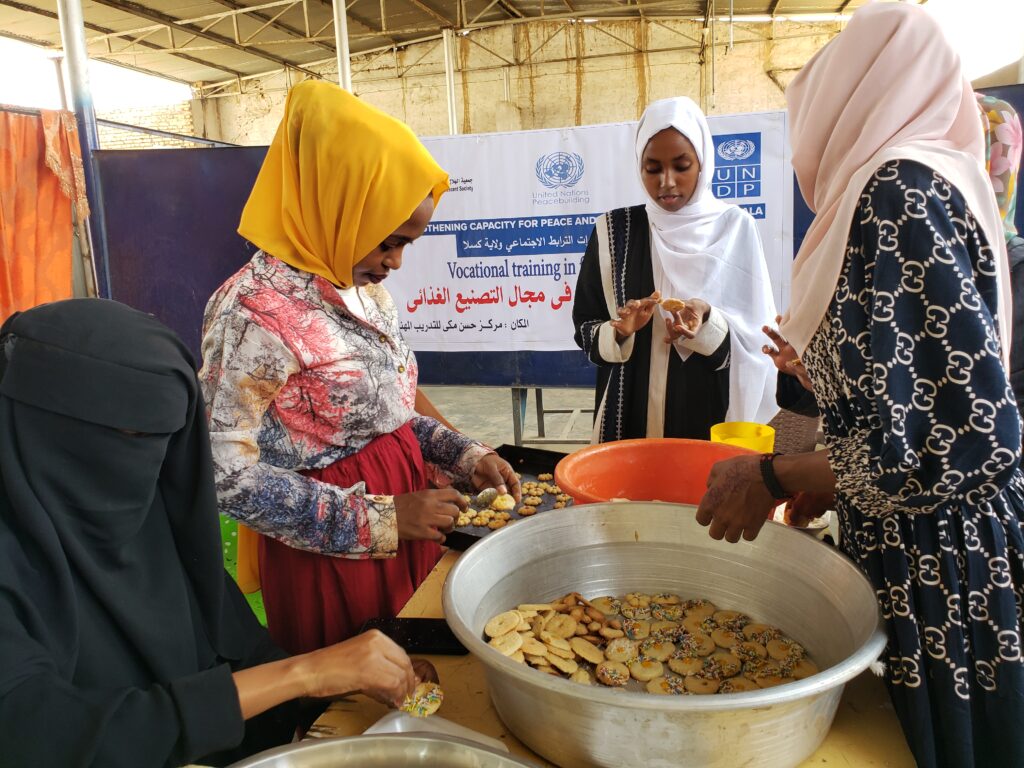
A government official in North Darfur state complained about the malaria widespread in Al Fashir, the state’s capital, amid a severe shortage of medicines.
Al Fashir faces the risk of a collapse in the healthcare system after most of the hospitals, including El Fasher Teaching Hospital, went out of service due to the armed conflicts in the early days of the war.
Ahmed Mohamed El Douma, the Deputy Director General of the Ministry of Health in North Darfur state, said that “there has been a significant increase in the number of malaria cases in Al Fashir, with the Ministry of Health recording about 13,000 cases among the city’s residents.”
The state official explained that the severe shortage of malaria medicines, especially for children under five years old, the lack of emergency medicines, and the limited support from organizations to combat epidemics, along with the long delay in paying workers’ salaries, have exacerbated the health situation in the state.
He also revealed that his ministry has developed a plan to combat malaria and epidemics with the support of the local government and some international organizations. However, the banks’ services suspension has prevented organizations from fulfilling their financial commitments to support the health sector.
Ahmed Mohamed El Douma also mentioned that the French organization Médecins Sans Frontières (Doctors Without Borders) plans to open four centers in Al Fashir to treat malaria cases.
Malaria is an infectious disease caused by a parasitic organism called Plasmodium, which is transmitted through mosquitoes. This parasite infiltrates red blood cells in the body.
The United Nations states that 80% of healthcare facilities in Sudan have ceased operations due to attacks, forced evacuations, and a shortage of medical supplies.



